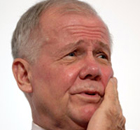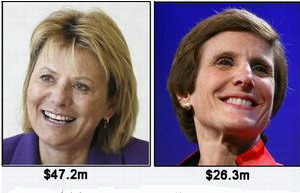Opinion
Still attractive for FDI
(China Daily)
Updated: 2010-05-15 11:43
 |
Large Medium Small |
Recent complaints that conditions for foreign investors in China are worsening do not hold water because the country is getting increasingly attractive as an investment destination.
Latest statistics show foreign direct investment (FDI) in China increased in April for the ninth month, surging 25 percent year-on-year. The government has ostensibly kept the door open for more foreign investments, although the country received more than $1 trillion in FDI by the end of March.
In fact, the government has just announced a number of preferential policies to attract foreign investments in renewable energy, high-technology and service sectors in central and western parts of the country.
FDI's contribution to China's economic growth is more than obvious. Foreign-invested companies accounted for 56 percent of China's exports in 2009 and directly employed 45 million people.
| ||||
As the world's fastest-growing major economy, China boasts a booming domestic market that foreign investors desire. Besides, the speculated revaluation of the Chinese currency and the dim growth outlook of many developed economies make the country more attractive.
The fact that some foreign investors are complaining about the business climate in China only shows that they do not want to give up the preferential treatment they used to enjoy.
Policymakers, on their part, are yet to strike a new balance between the perceived need for FDI and the unnecessary export of capital even after having accumulated more than $2 trillion in foreign exchange reserves, which sadly pay so little.















